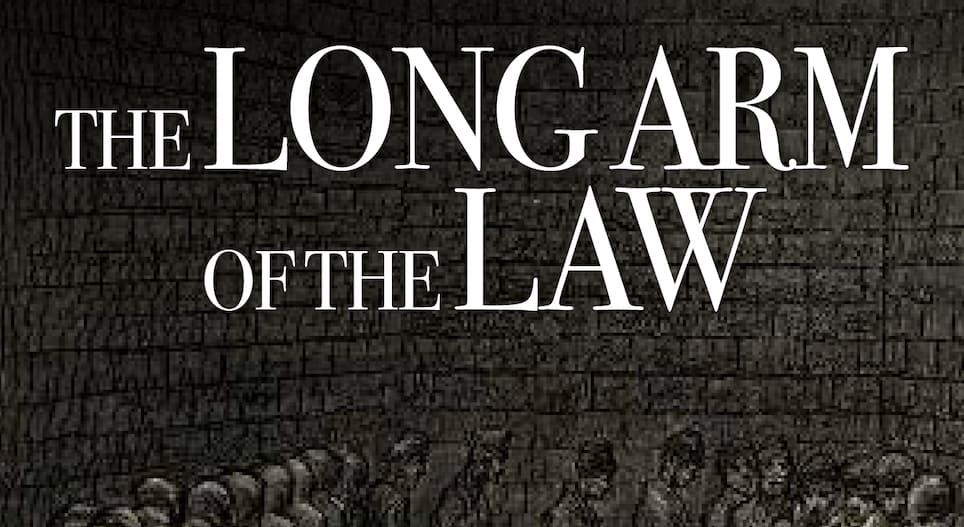‘On 21 October 1891, 28-year-old Rose Stapleton was charged with being drunk and disorderly. According to the London Weekly Dispatch, the prisoner was ‘decently dressed and powerfully built’. On being ushered into the dock of Southwark Police Court, she quipped, ‘All right, I know my way,’ adding, ‘Poor Rosa, always drunk!’ She was convicted and fined forty shillings. Rose was classified as an ‘habitual criminal’ due to her previous convictions. This was one of the judicial definitions introduced during the nineteenth century.
The criminal justice system in Britain has developed over centuries and the greatest changes took place during the Victoria era, with the establishment of professional police forces, the creation of large-scale prisons and the introduction of new parliamentary Acts stipulating the nature of crimes and their sanctions. These developments had a direct impact on the lives of British citizens, especially those who struggled to survive in the growing cities. The Industrial Revolution led to thousands of migrant workers leaving the countryside for the towns and cities to seek employment in factories and mills. In Manchester, the world’s first industrialised city, the number of inhabitants increased from 76,788 in 1801 to543,872 by 1900. By 1870, one in 86 people in the city had committed a crime, which was four times the rate in London…’
This article was published in Who Do You Think You Are? magazine, you can read a summary here.

